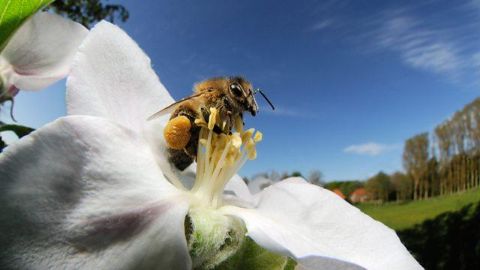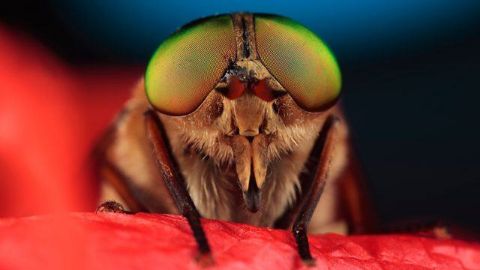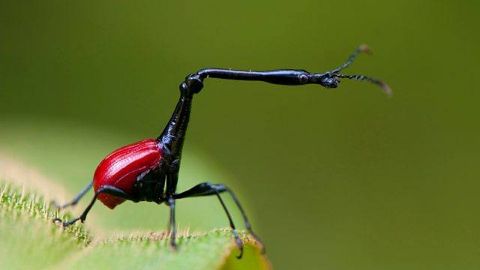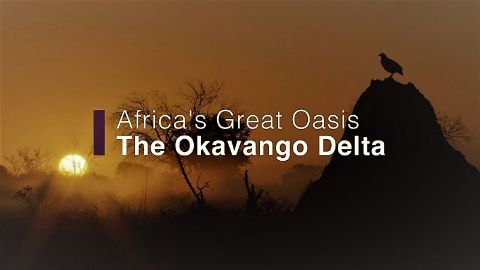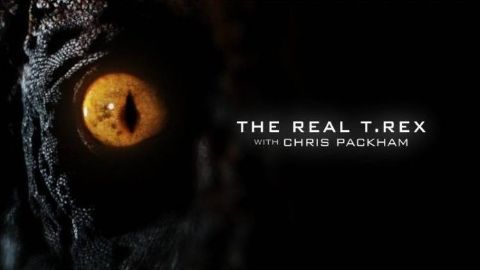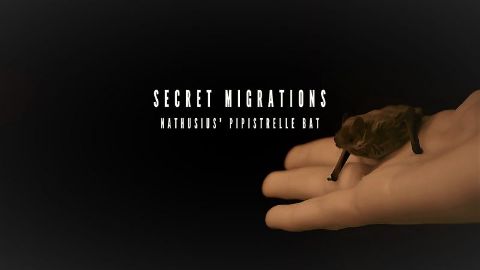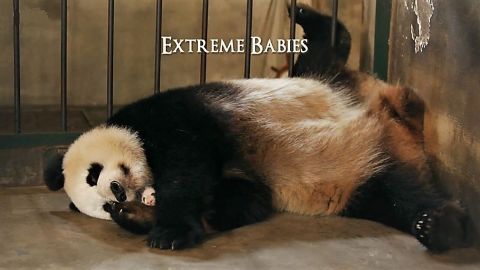Insect Worlds • 2013 • 3 episodes •
Steve Backshall explores the connections and relationship that we have with insects and other arthropods. In Kenya, huge armies of driver ants give houses a five-star clean-up, and in China, we discover how silkworm caterpillars have shaped our culture and distribution. While locusts devastate crops in Africa, bees and beetles across the world provide a key link in our food chains. Many of us perceive these animals merely as creepy crawlies and nothing more than a nuisance, but as Steve reveals, we couldn't live without them.
2013 • Nature
Steve Backshall reveals the incredible influence that insects and their close relatives have on Earth's many ecosystems. In the grasslands of South America the landscape has been created almost solely by one team of insects - grass-cutter ants. Across the world's oceans one tiny creature plays such a key role that, without it, the largest animal on our planet, the blue whale, could not exist. And in East Africa the savannah would quickly be swamped in dung were it not for the activities of a certain beetle. Yet the greatest influence of all comes from a group of insects that have ultimately changed the colour and diversity of our planet.
2013 • Nature
Totalling an estimated 10 million species, the insects and their close relatives are the most abundant and diverse group of animals in the world, so what is the secret of their success? Their hard external skeleton provides strength and protection and their small size allows them to exploit many microhabitats. In Yellowstone, Steve Backshall reveals how teamwork allows a colony of bees to scare off a hungry bear, and in Australia this same teamwork allows a colony of ants to beat the rising tide. But to unlock the real secret of their success Steve visits the Swiss Alps, where an incredible relationship exists between the ant, the wasp and the butterfly.
2013 • Nature
